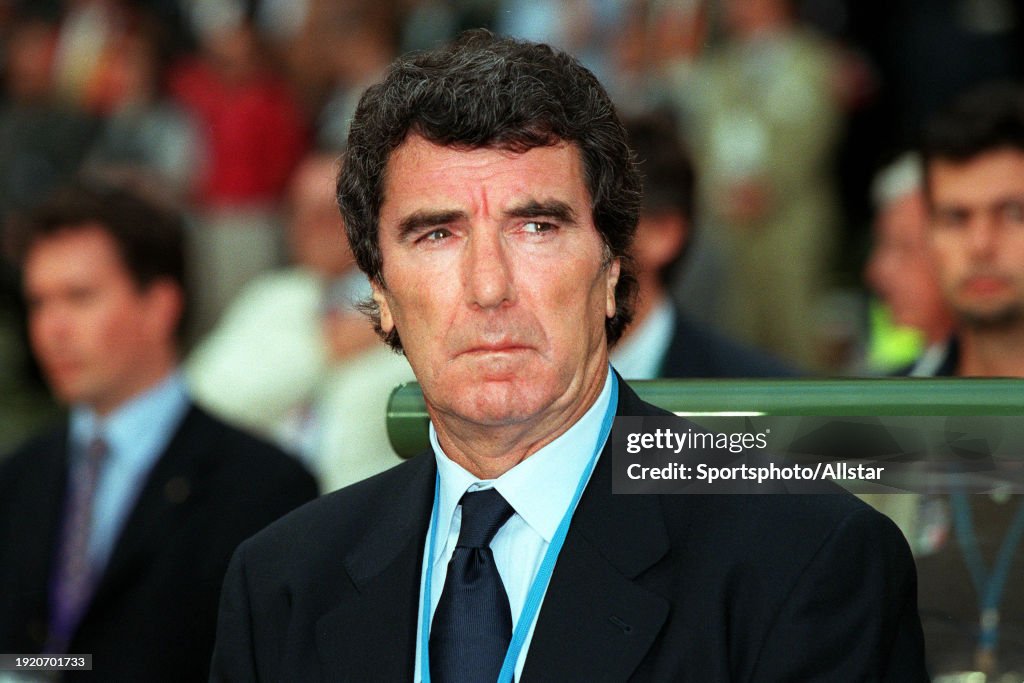The recent acquittal of Francesco Acerbi from accusations of racism directed at Juan Jesus has reignited the conversation about the boundaries of on-field interactions and the mechanisms of sporting justice.
Dino Zoff, a figure synonymous with Italian football's golden era, having guarded the posts for Napoli, Juventus, and the Italian national team, and later serving as a manager, has publicly thrown his support behind the decision, highlighting a traditional view of football's unwritten codes.
Zoff's endorsement of the decision reflects a broader philosophy that what transpires on the field be it in the heat of competition or the exchange of words should remain within the confines of the game. His remarks to Il Tempo underscore a belief in the sanctity of on-field battles, suggesting a preference for resolving such disputes privately between the involved parties, rather than through formal channels. This perspective champions the idea that athletes, in the midst of high-stress and competitive environments, may engage in exchanges that, while regrettable, are not indicative of their character off the pitch.
The incident between Acerbi and Juan Jesus, which has now been scrutinized by the sporting justice system, culminating in Acerbi's acquittal, serves as a testament to the complexities of determining intent and interpreting interactions within the fast-paced context of professional sports. The subsequent clarification and reconciliation between Acerbi and Juan Jesus underscore the potential for misunderstanding in such high-tension situations and highlight the capacity for direct communication between players to resolve conflicts.
Zoff's comments also reflect on the broader discourse surrounding the handling of accusations of misconduct within sports, particularly those of a racial nature. While advocating for on-field issues to be resolved internally, his stance also acknowledges the delicate balance between safeguarding the spirit of competition and ensuring that sports remain a domain free of racism and discrimination.
This perspective raises important questions about how sports organizations and governing bodies should navigate incidents of alleged misconduct. It underscores the importance of robust mechanisms for addressing serious accusations, ensuring that justice is served while also preserving the integrity of the sport. The discussion around Acerbi's acquittal and Zoff's support of the decision highlights the ongoing challenge of maintaining the integrity of sportsmanship and the necessity of clear, fair procedures for dealing with disputes and allegations.
As the football world continues to evolve, with increasing scrutiny on player conduct both on and off the field, the insights of respected veterans like Dino Zoff offer a reminder of the values that have long underpinned the sport. Their perspectives contribute to the ongoing dialogue about how best to navigate the complexities of modern professional sports, balancing the need for discipline and respect with the recognition that at the heart of the game is a shared commitment to excellence, competition, and mutual respect.


